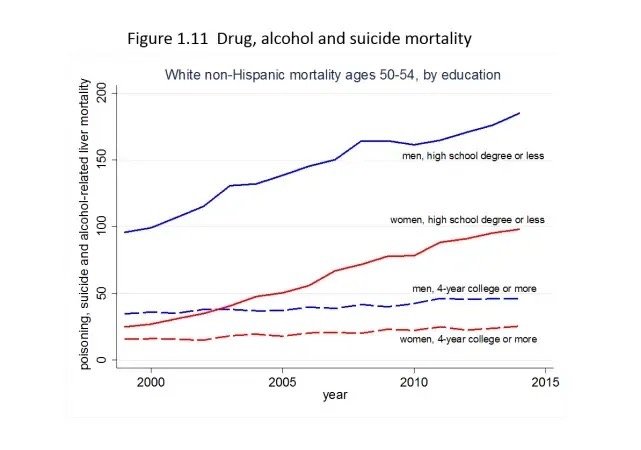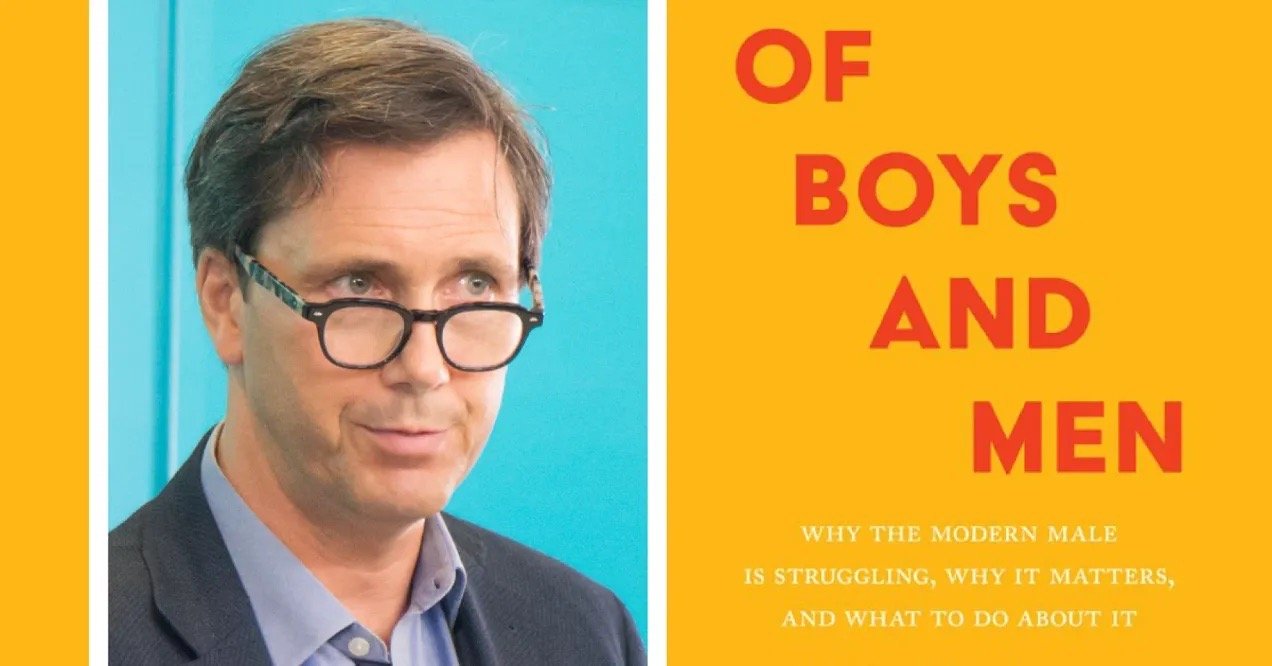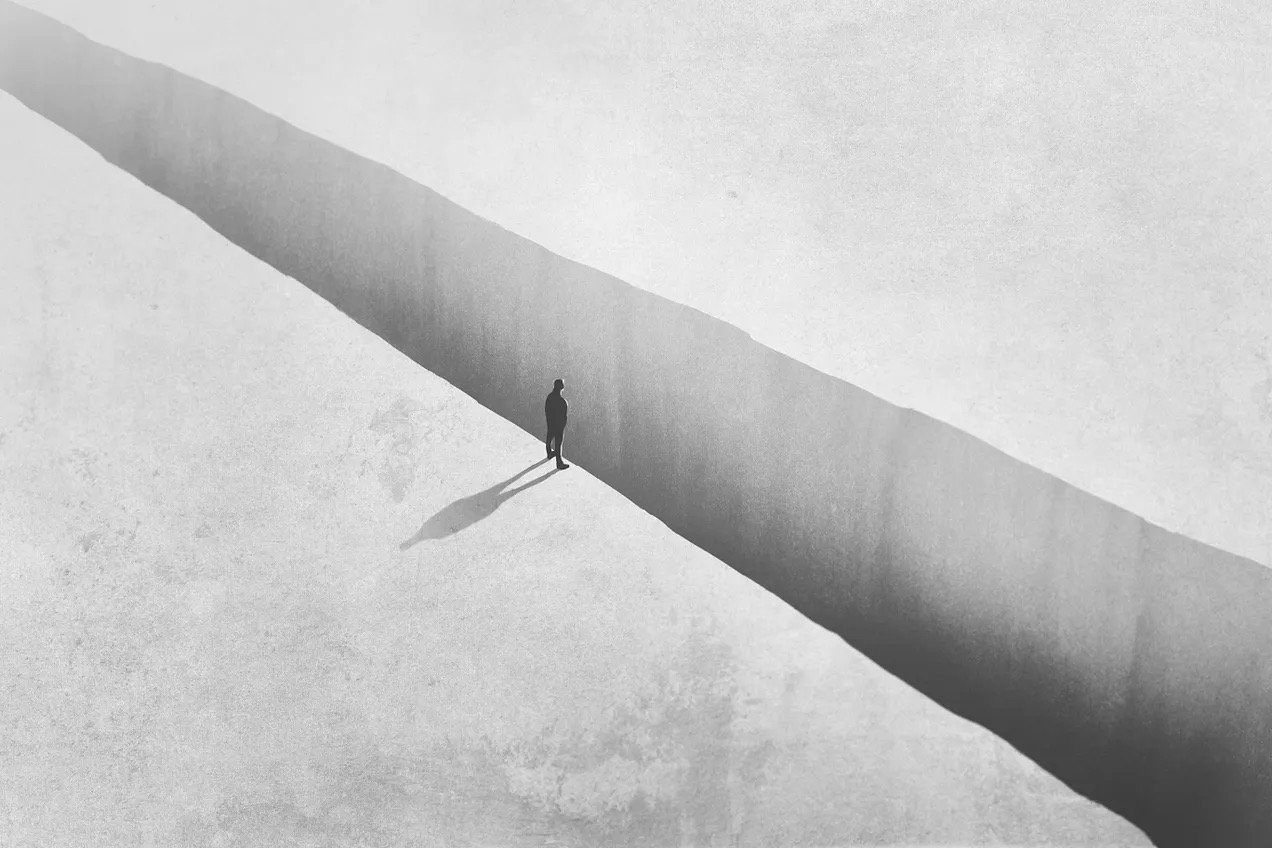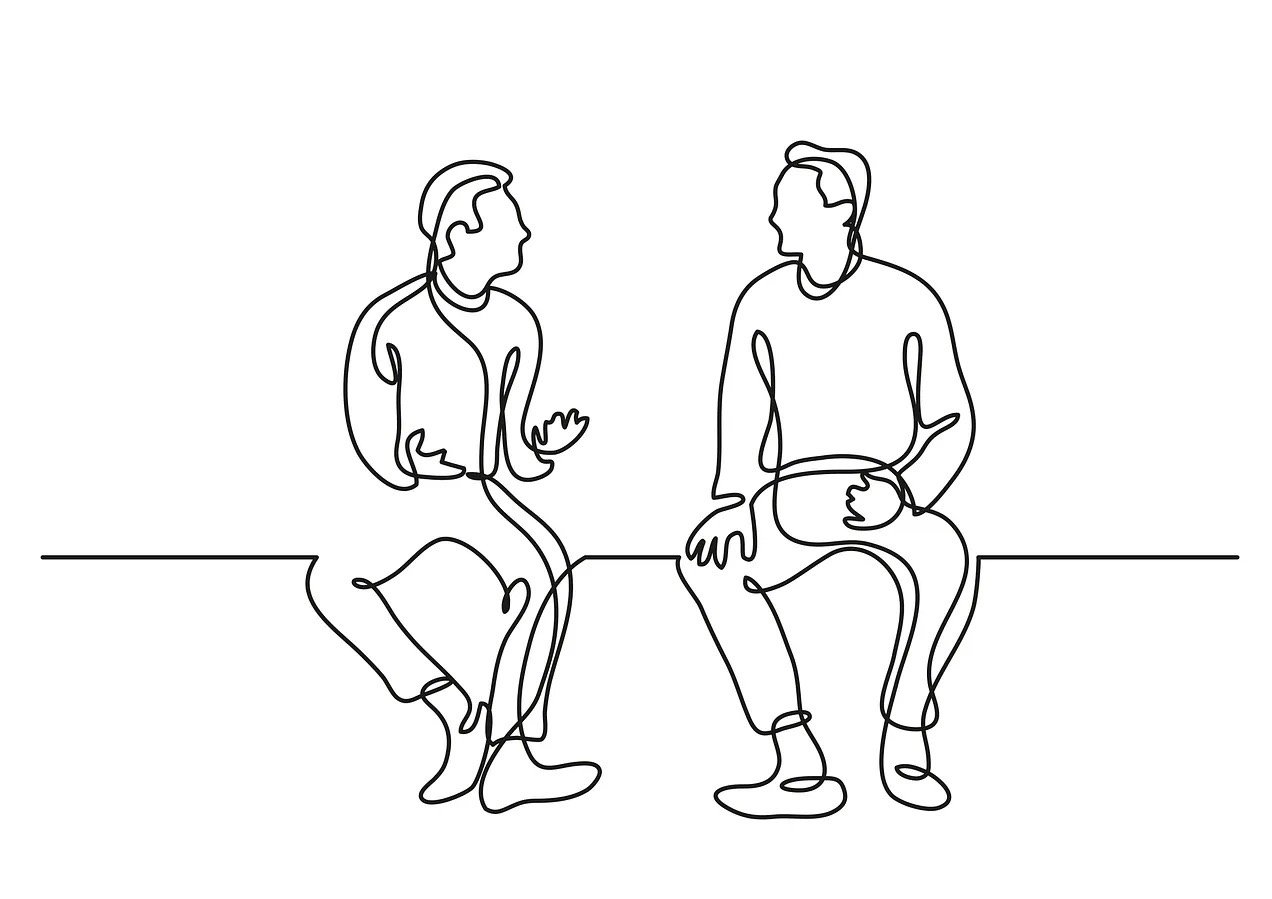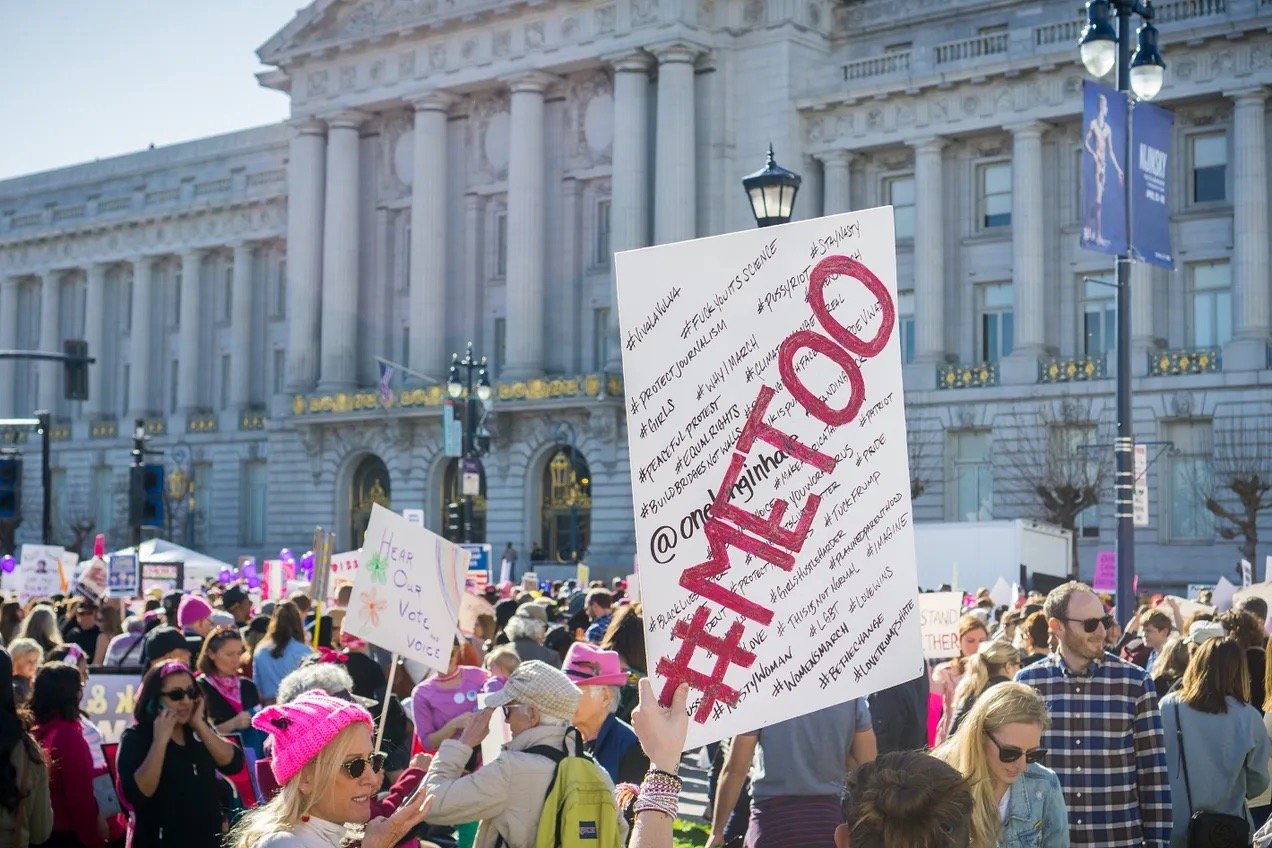I've been thinking about lost boys and men in despair.
It’s been about a decade since my therapy colleagues and I began using the phrase lost boys to describe an increasing number of seventeen to twenty-five-year-old male clients who simply stop developing. Unlike the original Lost Boys in Peter Pan, who gleefully sing,
“I'll never grow up, never grow up, never grow up - not me!”
our current lost boys have simply given up. They stop caring about school, marginalize themselves from their peers, get and lose low wage jobs, then get and lose them again.
If they go to college, they sign up for classes they seldom attend and often drop out of, enroll again, drop out of again and often don’t graduate. If they graduate, it doesn’t lead them into meaningful professional work. A surprising number of them stay in their rooms at their parents’ homes and play video games for hours, days, and months on end.
Some of them are older brothers, some of them younger, and usually their siblings develop appropriately. Their parents haven’t treated them differently, or coddled them any more or less than they coddled their brothers and sisters, or loved them more or less or disciplined them more or less. Sometimes they use drugs, but addiction is not their biggest problem. Many have been on prescription drugs which mollify their depression and/or anxiety but don’t seem to get them up off their butts.
What these young men do have in common with one another is a lack of any sense of agency, that belief that they have the capacity and inner resolve to live meaningful lives on their own terms. But it’s hard to figure out where this comes from. For reasons neither they, nor their parents, nor we as their therapists can understand, the causes of their aimlessness remain mysterious and as such, extremely challenging to to resolve.
What these young men do have in common with one another is a lack of any sense of agency, that belief that they have the capacity and inner resolve to live meaningful lives on their own terms. But it’s hard to figure out where this comes from.
The adult parallel to these lost boys is a surprisingly large group of mid-fifties high-school-educated white men who are the core of a growing population turning to opioids, alcohol, or suicide in a wave of what are called deaths of despair. They cannot find jobs or, if they do find work, the wages are insufficient to support the life-style they knew before our economy crashed in 2008. Now they cannot afford to buy or rent (what was once but is no longer) affordable housing, nor do they have the means to send their children to college, nor can they pay for the rising costs of health care for their families.
At the same time, even the economists studying this question admit that “purely economic accounts of suicide have consistently failed to explain the phenomenon.” Rather, it appears to be a combination of social and cultural factors, including family, spiritual fulfillment, and “how people perceive meaning and satisfaction in their lives in a way that goes beyond material success.” 1
Deaths attributable to poisoning, suicide, drugs, and alcohol-related liver mortality have increased slightly over time, but the cohort with by far the most dramatic increase has been among men with a high school education or less during the 2000-2015 period tracked here. Via Case & Deaton (2017)
I suspect that that these men feel like failures in fulfilling their perceived responsibility as providers and protectors of their families, and it is this sense of failure that drives them to despair. Unlike many of the lost boys who are in and out of therapy at their parents’ expense, these men often do not believe in the value of therapy and, even if they do, they cannot afford it in their current economic circumstances and with their health-care providers’ limits for covering such treatment. So we seldom see them in our offices.
These boys and men are important to me personally. My brother, six years younger than I, wandered into a life-long affair with drugs when he started sniffing glue at twelve years old, and staggered through another twenty-plus years until his death. Over time, the drugs crystalized the cells in his lungs, which could no longer process enough oxygen, so he died far too young, from a heart attack at thirty-seven years old.
I also have two grandsons who are, thankfully, thriving through their teens. But they remind me of clients of mine, their peers, who are not thriving. And although my father lived to be sixty-nine years old, he too spent most of his life struggling with his lack of education (he never graduated from high school), his marginal income, and the toll that cigarettes and alcohol took on his overworked body. Though his death was not by suicide, reading about these men dying of despair is like reading a memoir of my father’s difficult life.
Richard V Reeves is a scholar investigating the available evidence for what’s behind these tragedies, and the complexities of finding solutions for these troubled boys and men. This past summer I read and then immediately reread his 2022 book,Of Boys and Men: Why the Modern Male is Struggling, Why it Matters, and What to do About It.
It is fascinating to see data that support what my colleagues and I have been observing anecdotally for years. Reeves presents facts that enhances my understanding of why boys and men are doing so poorly, especially relative to how girls and women are doing.
He argues that the slower development of the prefrontal cortex in boys is critical to understanding some of the gap between boys and girls, which emerges early. By age 5, girls are 14 percentage points more likely than boys to be school-ready, and that trend continues over time. Male students are the highest-risk group of any to drop out of college, and 57% of bachelor degrees in the US are now awarded to women. In 2020, the law review at every one of the top sixteen law schools in the nation had a woman as editor-in-chief. And perhaps most astonishingly of all, virtually all of the income gains that middle-class American families have experienced since 1970 are due to the rise in women earnings. 2
Reeves points out that our culture has for a long time defined the male role as that of a provider, and was based on the economic dependence of women (and particularly mothers) on men. This traditional role has been dismantled as women have secured their own economic independence, resulting in what he terms a “dad deficit.” Men are increasingly unable to fulfill the traditional breadwinner role but have yet to step into a new one. The economic reliance of women on men held women down, but it also propped men up. Now the props have gone, and many men are falling.
The economic reliance of women on men held women down, but it also propped men up. Now the props have gone, and many men are falling.
More than anything else, we need to talk about this crisis. Whatever our culture’s dominant definitions of manhood might be, and whichever model each of us men grew up with, they seldom include the assumptions that we are in need of nurture as much as women are, that each of us will fail at something important, and that we need help in dealing with our failures because not one of us can manage our way through these critical moments on our own. In our roles as fathers, sons, brothers, cousins, uncles, grandfathers and trusted friends, we need to share with one another our fears of failure, our actual experiences of failure, and our need for help. Failing at something does not make you a weak man any more than asking for help is a sign that you’re a sissy. Again, as men, we need to talk about all of this.
Second, our commitment to women’s equality and our celebration of their successes need not be in jeopardy when we dig into the issues troubling boys and men. Compassion is not a zero-sum game, a seesaw on which if one goes up the other goes down. We can and must continue the unfinished work of raising up girls and women where they are being discriminated against even as we increase our conversations about and commitments to helping these boys and men who are in trouble.
In our roles as fathers, sons, brothers, cousins, uncles, grandfathers and trusted friends, we need to share with one another our fears of failure, our actual experiences of failure, and our need for help. As men, we need to talk about all of this.
Third, men are not victimized by women’s successes. Our own troubles, such as they are, were not and are not caused by women rising; we are not diminished by their accomplishments. From the poor among us to high earners, many of us take pride that we have been involved in the elevation of girls and women both in our personal lives and in our business and professional worlds. All four of my therapist colleagues are women, each of them with strengths I admire and don’t possess myself, but which they share generously. In our nuclear family, we’ve encouraged and supported women at least as enthusiastically as we’ve championed men. Our psychotherapist son and I celebrate the accomplishments of his lawyer mother and pediatrician sister. And all of us lean in every day to cheer for, nurture, and sometimes help our two grandsons and our granddaughter. We need each other, we know it, and we work at it day by day.
I’ve been in a men’s group for thirty-two years and to a man we are rabid feminists, insisting that whatever our biological differences may be, they are a relational blessing but never grounds for male dominance. We are committed to equal status and opportunity for our wives, daughters, step-daughters, daughters-in-law, and granddaughters. I’ll never forget that after the #MeToo revelations, our now-ninety-year-old senior member reminded us that, as men (and especially as older men), we need to give our sons and grandsons a view of men and women that is different from the domination/inferiority model most of us were raised with.
Protestors at the 2018 Women’s March, San Francisco, CA
Reeves’ book has ignited a national conversation. Within ten days this fall, both Michelle Goldberg and David Brooks, op-ed columnists for The New York Times, wrote about this book’s importance in our cultural conversation about boys and men. At dinner last night I shared with some friends my interest in this book, and one of my friends texted me that he heard a radio interview with Reeves this morning.
The reasons around why these boys are lost and why these men are dying of despair is not beyond our capacity to discern nor our ability to solve as a society, but as long as we ignore what is actually happening, these tragedies will continue. We must talk about boys and men, with boys and men, in honest and vulnerable conversations. Only then will we do a better job of understanding, nurturing, and helping them find their way forward without giving up on themselves.
1 The bulk of this research comes from a 2017 paper by economists Anne Case and Nobel Prize winner Angus Deaton, demonstrating that mortality patterns for white Americans whites differ dramatically from peers in Western Europe — particularly in what they dub “deaths of despair,” or those deaths that involve drugs and suicide. The full paper is available here: “Mortality and Morbidity in the 21st Century” (Brookings Institute, 2017).
2 Richard V. Reeves, Of Boys and Men: Why the Modern Male Is Struggling, Why It Matters, and What to Do about It (Brookings Institution Press, 2022). Reeves has also begun publishing an an online newsletter of the same name, Of Boys and Men.



